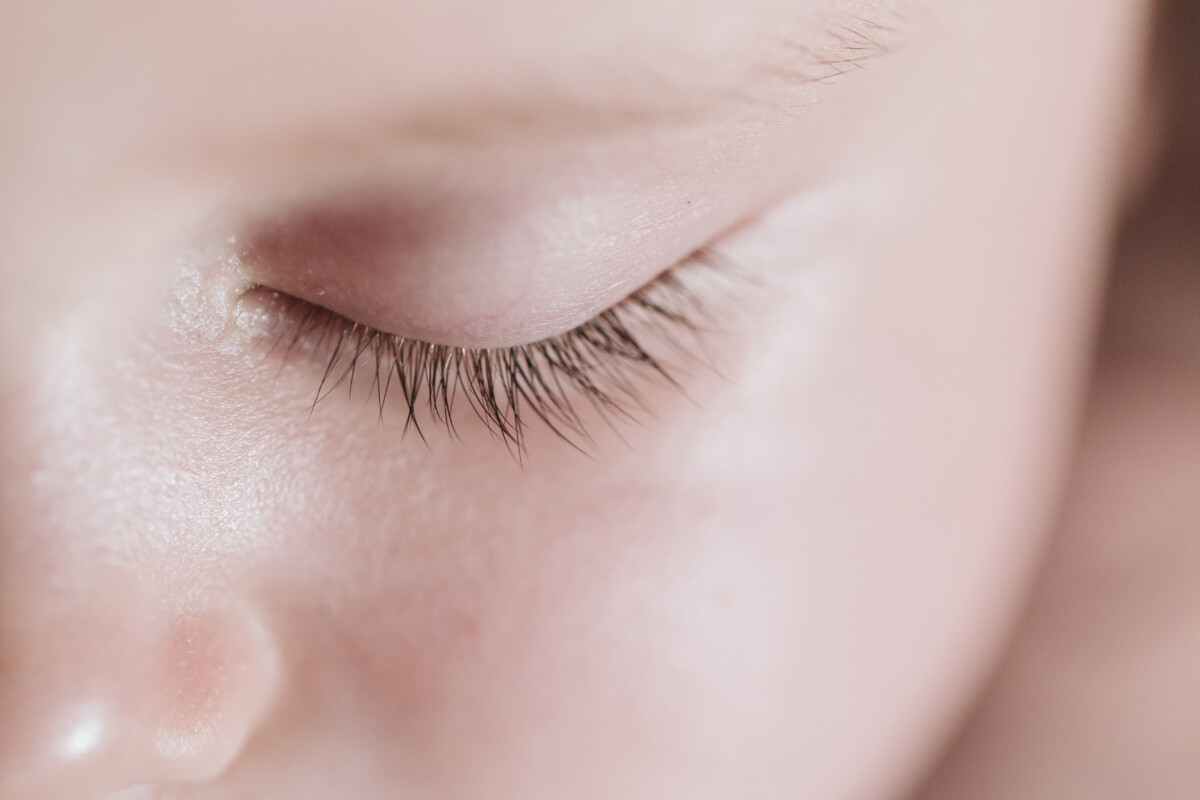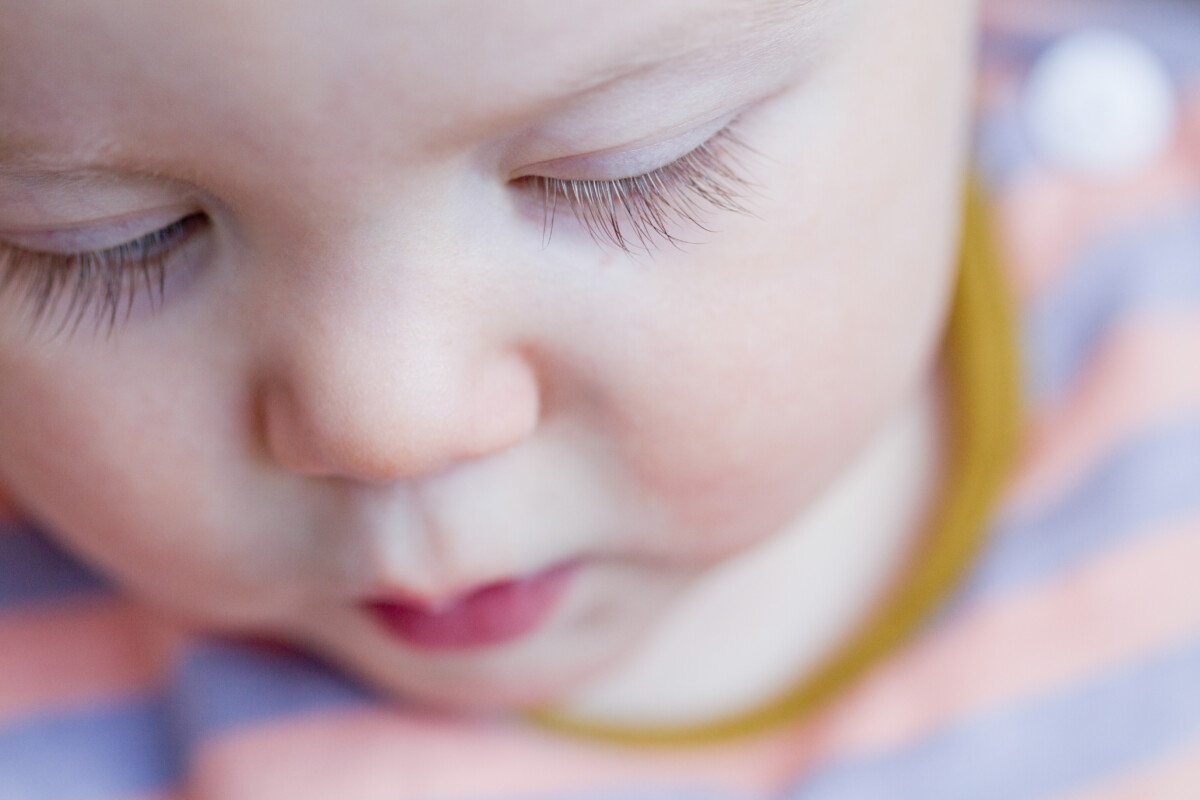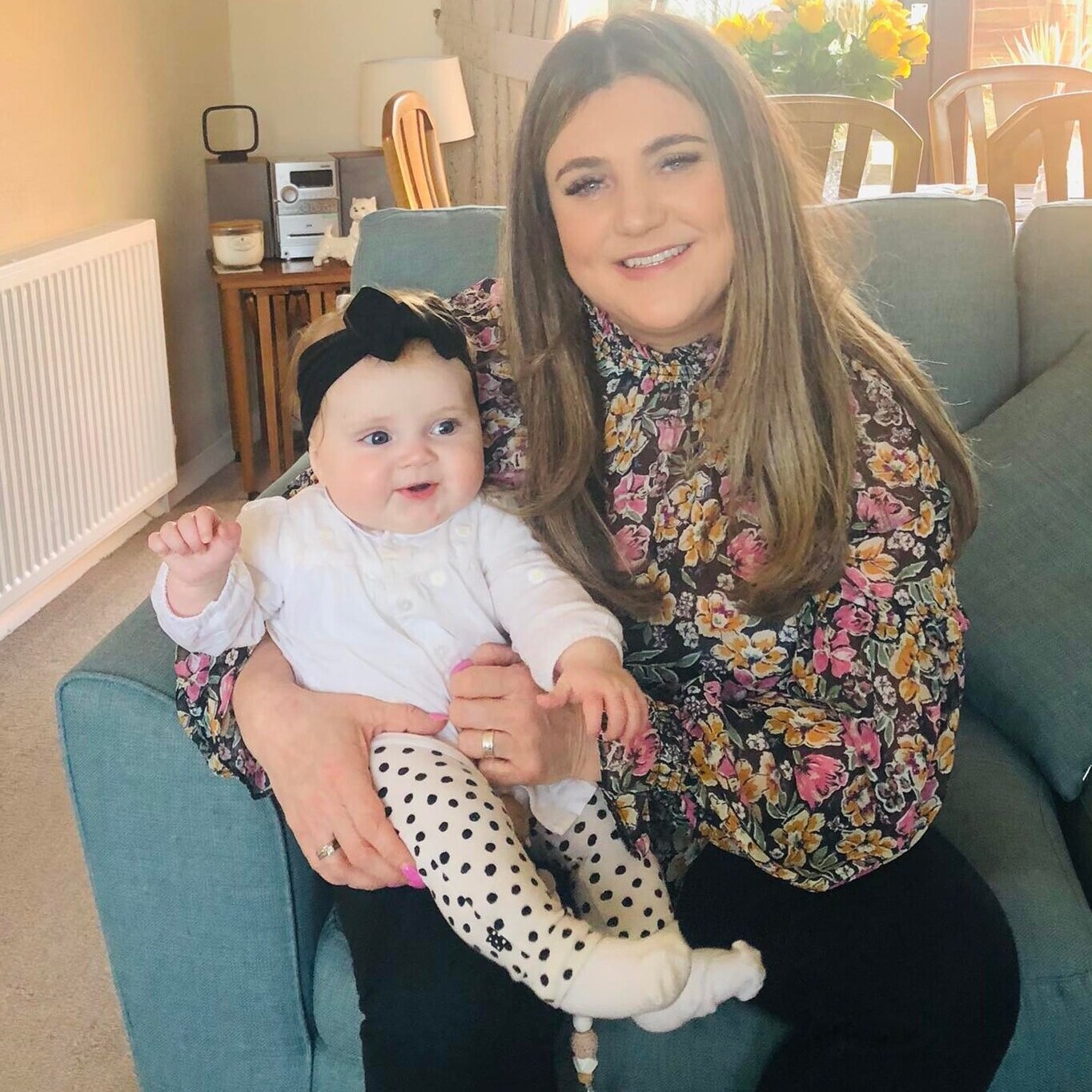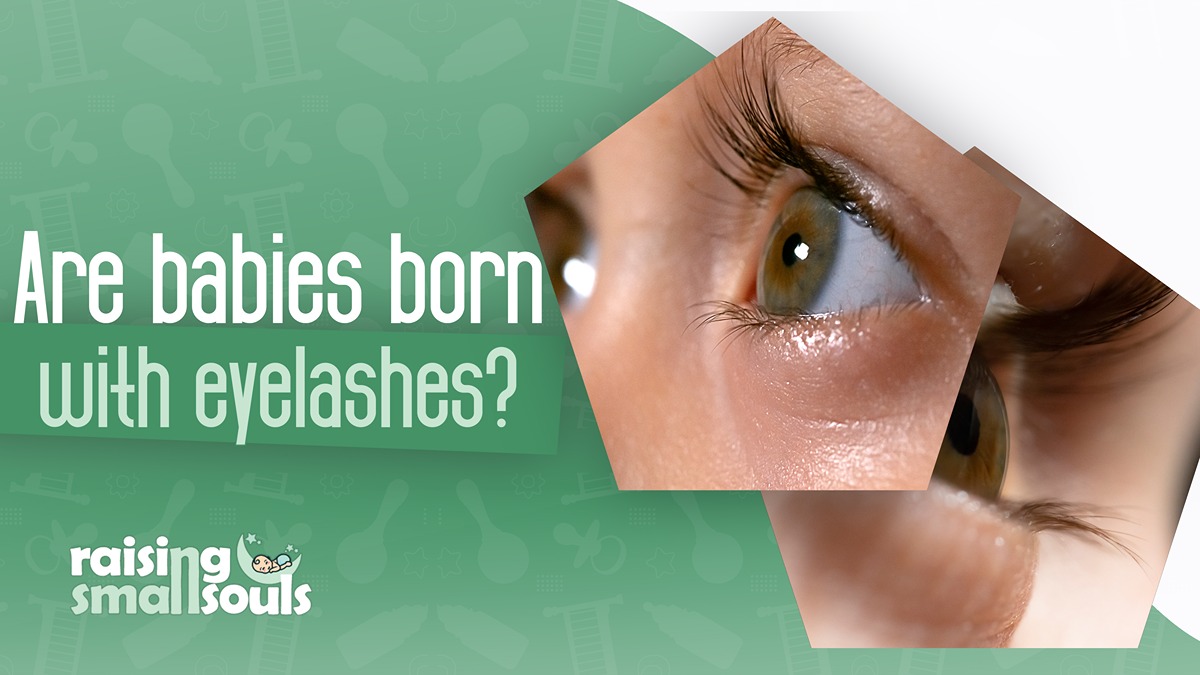The cutest thing about a newborn baby is seeing their beautiful innocent eyes with long eyelashes. However, there is a common dilemma connected to whether babies are born with eyelashes or they start growing after some time.
The most important thing to consider is that not every baby is the same. Some babies are born with a lot of hair, while others do not have any hair that is visible. For this reason, it is important to determine when exactly eyelashes grow on babies.
Main Points
- Some babies are born with visible hair on their heads, eyebrows as well as eyelashes.
- Other babies are born with a tiny bit of hair that is hard to notice because it is characterized as being thin and short.
- There is a common belief that the eyelash hair on babies starts growing when they are in the womb for three weeks.
- If a baby is born earlier than its due date, they usually need more time in order for their eyelash hair to be visible to the naked eye.
- Eyelash hair does not grow on all babies at the same time and lack of eyelashes is not a reason for concern.
In short: Are Babies Born With Eyelashes?
Babies can be born with eyelashes that are very small and hard to notice. As soon as the baby is born, the hair on their eyelashes becomes thicker and more noticeable providing the most adorable feature of a newborn baby.
Does Hair Grow While The Baby Is Still In The Womb?

There is a dilemma that is commonly discussed among people of whether babies have eyelashes before they are even born. Hair usually grows when the baby is still in the womb and this is also the case with eyelashes.
The eyelashes of babies before being born are known to be very thin, small, and not easily noticeable.
The eyelash hair of babies while they are still in their mom’s womb may be almost imperceptible, thus making people think that they do not have any eyelashes.
The hair on babies’ eyelashes starts growing when they are in the womb for about three weeks. During this period, the hair on their head as well as their eyebrows also starts growing.
These assumptions cannot be regarded as facts because it is impossible to see whether the baby has eyelashes before it is actually born.
Take these beliefs with a grain of salt and it is perfectly acceptable to ask doctors about the reasons why they actually believe that babies are born with eyelashes.
Also Read: When Will My Baby Grow Eyebrows?
Why Are Some Babies Born Without Any Eyelash Hair?
Whereas some babies are born with thin and light eyelash hair, this may not be the case for all babies. Usually, when babies are born earlier than their due date, there is no eyelash hair that can be visible on them.
Babies that are born earlier, usually need a little more time to grow their eyelash hair when they are compared to babies born on or around their due date.
Apart from not having eyelashes because they were born prematurely, some babies born on time can also lack visible eyelash hair.
The reason for this may be connected to simply needing more time to grow hair on any part of their face or the baby might be affected by the internal secretion of their mom before she gives birth.
Because of this, there is no need to panic or worry about your baby not having any eyelash hair. Eyelashes on babies can grow slowly so you as a parent need to be composed and at peace with your newborn.
Why Eyelashes Do Not Appear At The Same Time For All Babies

It is very important to consider that not every baby is the same and some babies require more time in order to grow their eyelash hair.
Although some babies may have been born with it, they may not be visible to the naked eye and you may believe that your baby does not even have any eyelashes.
It is not a general fact that eyelashes grow on babies when they are in the womb for three weeks. Some babies may start growing their eyelash hair after a few months of being in the womb.
This is the reason why not every baby will have eyelash hair as soon as they are born. Hair grows on every baby, just not at the same time.
Give your baby the right amount of time they need to adjust instead of worrying whether they have eyelashes or not.
Bringing a healthy baby to this world is not connected to them having hair anywhere, not even on their eyelashes so you can be at peace if no eyelash hair is visible on your baby as soon as it is born.
Frequently Asked Questions
Do newborns have long eyelashes?
Newborn babies can appear to have extremely long eyelashes. This may be the case because of their small heads which offer the length of the eyelashes to catch people’s attention. In addition, newborns can have long eyelashes because they acquired this feature from their parents or even grandparents.
Is it rare for a baby to be born with long eyelashes?
The length of the babies’ eyelashes may appear extreme because of many reasons. However, if there are visible eyelash hairs that block the eyesight of your baby, this is actually a very rare phenomenon. Usually, the eyelash hair of babies is short, thin, and hard to notice at first glance.
Will baby eyelashes grow?
The baby’s eyelashes grow while the baby is still in the womb. Apart from that, while you’re pregnant, the baby grows eyelashes as well as eyebrows and in some cases hair on the head.
Also Read If You Need a Baby Monitor
Final Words
Your baby is perfectly healthy even if it is not born with eyelash hair. Even though some babies have visible eyelashes as soon as they are born, other babies may require more time in order for their eyelash hair to start growing. Regardless of whether your baby is born with eyelashes or without eyelashes, give them time to adjust to their new environment.

I am a stay-at-home mom of a wonderful son. I write on this blog as a hobby to help fellow mothers in their parental journey 🙂

